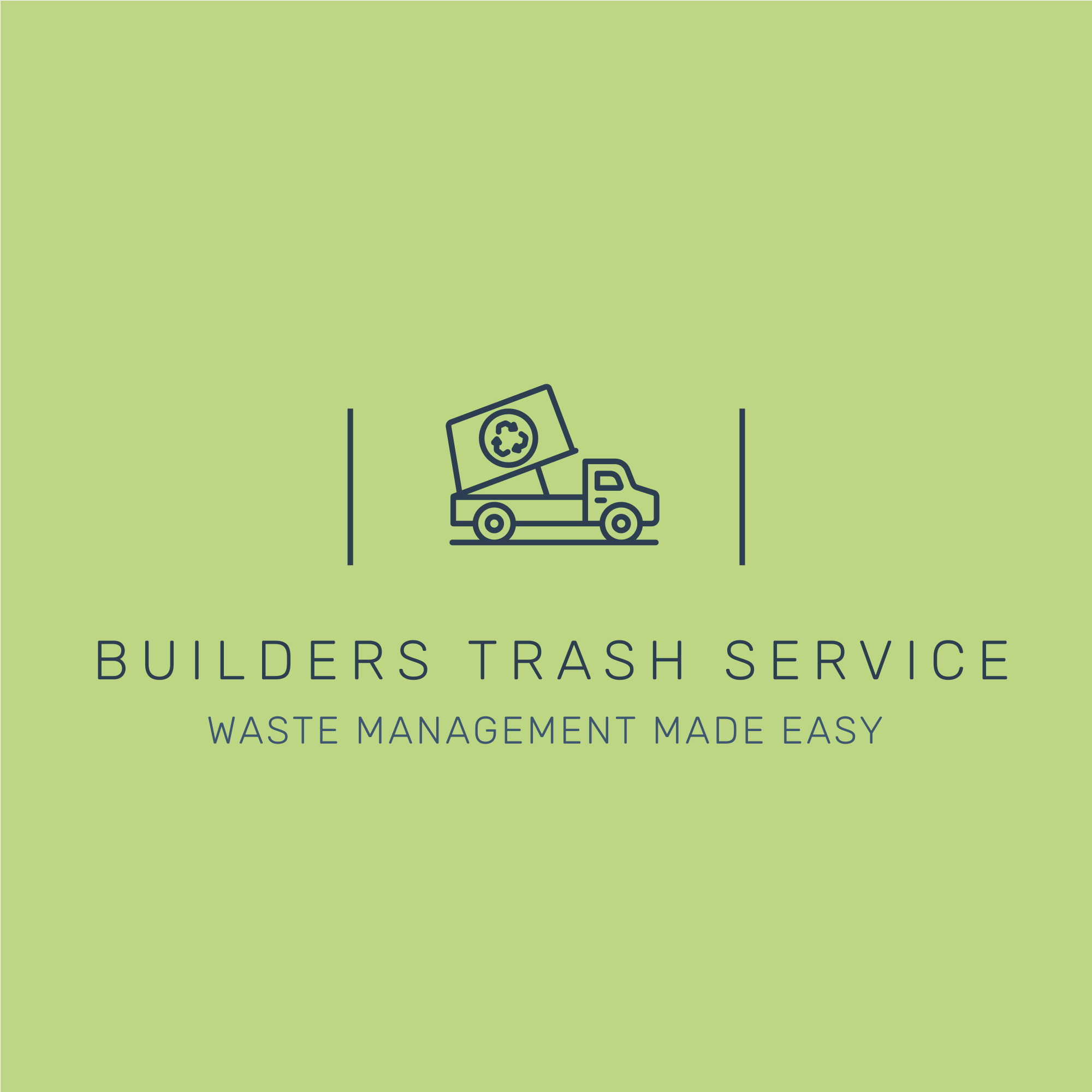Construction and demolition (C&D) waste is a major contributor to landfills, accounting for over 500 million tons of waste each year in the United States alone. However, with the growing emphasis on sustainability and environmental responsibility, the construction industry is turning to recycling solutions to reduce their impact on the environment. In this article, we will explore the benefits of construction recycling and how it can benefit both the industry and the planet.
Environmental Impact
The most obvious benefit of construction recycling is the positive impact it has on the environment. By diverting waste from landfills, construction recycling reduces the amount of greenhouse gases and other pollutants released into the atmosphere. It also conserves natural resources by reusing materials that would otherwise be discarded. Additionally, recycling reduces the need for new raw materials, which can have a significant impact on deforestation and other environmental issues.
Cost Savings
Recycling can also provide significant cost savings for construction companies. By reusing materials, companies can save on the cost of purchasing new materials, as well as the cost of disposing of waste in landfills. In some cases, recycling can even generate revenue through the sale of recycled materials. This can help offset the cost of construction projects and improve the bottom line for companies.
LEED Certification
The Leadership in Energy and Environmental Design (LEED) certification is a globally recognized symbol of sustainability achievement. By incorporating construction recycling into their projects, companies can earn points towards LEED certification. This not only demonstrates a commitment to environmental responsibility, but it can also make a company more attractive to potential clients who value sustainability.
Job Creation
Recycling facilities and programs require a workforce to operate, creating job opportunities in the community. By supporting construction recycling, companies can contribute to the local economy and provide employment opportunities for individuals in the area. This can also have a positive impact on the community and improve the overall quality of life for residents.
Compliance with Regulations
Many cities and states have regulations in place that require a certain percentage of construction and demolition waste to be recycled. By implementing recycling solutions, companies can ensure compliance with these regulations and avoid potential fines or penalties. This also demonstrates a commitment to following environmental laws and regulations, which can improve the reputation of a company.
Collaboration with Industry Organizations
There are several industry organizations, such as the Construction and Demolition Recycling Association (CDRA), that promote and support construction recycling. By collaborating with these organizations, companies can stay up-to-date on the latest recycling techniques and technologies, as well as network with other industry professionals. This can lead to new business opportunities and partnerships, as well as a stronger presence in the industry.
In conclusion, construction recycling offers numerous benefits for both the environment and the construction industry. By implementing recycling solutions, companies can reduce their environmental impact, save money, and improve their reputation. It’s time for the construction industry to embrace recycling and make a positive impact on the planet.
